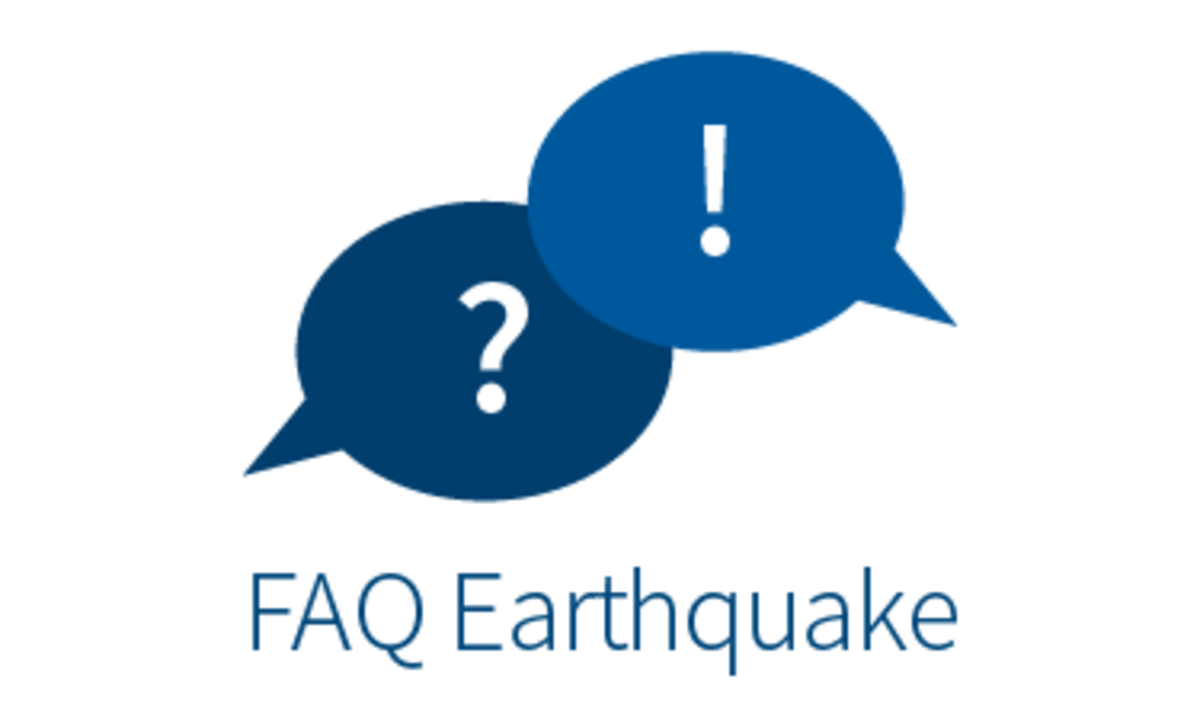
Hurricane Preparedness Week 2020 is just around the corner. Now is a great time to review your hurricane preparedness plan and learn how you can prepare for future hurricanes. The Atlantic hurricane season will start June 1, 2020. You can find the Tropical Meteorology Project's annual forecasts for the season. Each year, in April, these forecasts use various weather patterns from around the world to provide an advance look into how a hurricane may develop. Information on the hurricane season is also available from Norwall PowerSystems or other organizations.
Neighbor Helping Neighbor strategy
The National Hurricane Center encourages people and their neighbors to engage in a discussion about hurricane preparedness. People rely on each other in the event of a disaster. Neighbor to Neighbor Week gives you the opportunity to engage in a dialogue with your neighbors about the importance of being prepared.
There are many options to help neighbors prepare for a hurricane. One simple way is to offer assistance with supplies and evacuation orders. Social media is a great way to share information.
Home Evacuation Plan
If you are able to, make a plan for your home evacuation during hurricane season. First, check with your local emergency officials to get evacuation instructions. If you can't leave your home, you can also shelter in place until the storm passes. You can retrofit your home to make sure it is hurricane-ready, if it is not up to standard. It is possible to make the necessary changes for a very low cost, so it's worth considering them. If you rent a house, it is important to discuss your options with the landlord or manager of your rental property.

It is important to review your insurance policy, and to be aware of the places you can stay if necessary. You may receive evacuation orders from the city or county. Consider where and how you will get there. What supplies you will need. Register with your County Office of Emergency Management so you can have access to a place.
How to prepare a hurricane kit
When preparing for a hurricane, it is important to have a hurricane preparedness kit. You should have enough supplies for at least three days. You should also have food and water for power outages. Also, have flashlights and extra batteries for your cell phone. You should also have a fire extinguisher and instructions for using it.
The United States hurricane season typically runs from May through November. The United States has been impacted by several powerful hurricanes. Galveston Hurricane in 1900 claimed the lives of over 12,000 people. In 2017, Puerto Rico was struck by the devastating Hurricane Maria. More than 300 people died. U.S. Hurricanes have caused billions of dollars worth of damage since 1851. Galveston's 1900 hurricane killed between 8,000 and 12,000 people. Hurricane Harvey caused $125 billion worth of damages in 2017.
Understanding tropical cyclone terminology
To be prepared for hurricane season, it is crucial to understand tropical cyclone terminology. It is important to be familiar with key terms such cyclonic circulation (trough), storm surge, and other related terms. While some of these terms may be confusing, they are all related to hurricanes. Learn about the various terms used to describe a possible tropical storm in your area and how they could affect you and your family.
The NWS issues tropical cyclone warnings and advisories to help people prepare for a tropical storm or hurricane. These advisories can be issued up until 36 hours in advance of the expected tropical storm or hurricane force winds. Warnings and advisories could remain in place for several days in severe storms. This is if the water level is dangerously high.

WeatherNation WeatherNation WeatherNation WeatherNation WeatherNation WeatherNation WeatherNation WeatherNation WeatherNation Hurricane Preparation Week
National Hurricane Preparedness Week provides a chance to prepare for hurricane season. It begins before the Atlantic hurricane season's start date of June 1 and raises awareness about the dangers of hurricanes. The National Oceanic and Atmospheric Administration (NOAA) and local disaster preparation groups work together to encourage coastal residents to be ready for a hurricane. A hurricane can also cause flooding and severe winds in inland areas.
The best way to be prepared if you live in a hurricane area is to read as much information as possible about tropical storms. You can avoid serious damage by understanding the risks and reacting to storms. Although you will need to remain vigilant and be prepared, there are many resources available.
FAQ
Why are survival skills essential?
Basic survival skills include how to make shelter, fire, shelter, hunt, fish, and protect yourself. These skills are critical no matter where one lives, but they are especially important when travelling alone or in remote regions.
These skills include self-defense, navigation and communication as well as wilderness medicine. These are life-saving skills that must be learned before you venture into the unknown.
Other than these essential skills, you can also learn valuable skills while away from home. If you want to spend your vacation hiking, learn about mountaineering. If you intend to camp in deserts, learn how extreme temperatures can be beaten. There are countless ways to prepare for any situation, so don't hesitate to think outside the box and consider learning new skills.
What is the single most important thing for survival?
The most important thing you need to survive is food. Shelter from the elements and food are also essential. If you don’t eat you won’t live very long.
How do I pick the right knife?
Choosing the best knife for your needs isn't easy. There are many brands that claim their knives to be the best.
Which one is the best? How do you decide between them?
First, think about the type of tasks you will be using your knife for.
Do you plan to cut wood, skin or chop animals, or slice bread?
Is the knife meant for hunting or fishing? Are you going to use it for camping cooking?
Do you intend to use it for opening bottles and cans? What about opening boxes and packages?
Is your knife strong enough to handle heavy loads?
Is it worth cleaning it after every use. Is it something you intend to do often?
Do they need to maintain their edge for a long time?
What are your options in a survival situation
It is not easy to think of what to say next. You need to be prepared for any situation. Make sure you know how to react when confronted with an unexpected problem.
You should also be prepared to think outside the box if you're in a difficult situation.
In a survival situation you might face the following problems:
-
Being stuck in a remote location
-
Getting lost
-
Limited food supplies
-
Water running low
-
Facing hostile people
-
Facing wild animals
-
Finding shelter
-
Fighting off predators
-
Lighting the fire
-
Making use of tools
-
Building shelters
-
Hunting
-
* Fishing
How to remain calm and composed in a survival situation
For most situations, calmness and patience are key. It's easy to panic in a survival situation, especially if you are stranded somewhere far from civilization. But being calm and patient will enable you to cope with any circumstance.
It is important that you remember that you cannot control the outcome of a situation. Only you have control over how you respond. So even if you didn’t achieve all you wanted, you can still feel good.
If you find yourself in a survival scenario, it is important to remain calm and collected. This includes being mentally and physically ready.
Mental preparation involves setting realistic expectations and having a clear goal.
Physical preparation refers to making sure you have enough water and food until rescue personnel arrive.
Once you've done those two things, you can relax and enjoy the experience.
What's the difference between a folded knife and a fixed blade knife?
Folding knives can be folded compactly so they fit in a backpack or pocket. When not in use the blade folds away.
Fixed-blade knives are meant to stay fixed in normal use. They are usually longer than folding knives.
Fixed-blade knives can be more durable, but they are less portable.
Why is knot-tying important for survival?
Knots are used by people all over the world to tie together items such as ropes, fishing lines, ladders, etc. They are also useful for tying bags shut and securing objects to trees. It is a vital skill that can save lives if you have to tie yourself to a tree rope or string or use them as a shelter.
Statistics
- The Dyrt PRO gives 40% campground discounts across the country (thedyrt.com)
- The downside to this type of shelter is that it does not generally offer 360 degrees of protection and unless you are diligent in your build or have some kind of tarp or trash bags, it will likely not be very resistant to water. (hiconsumption.com)
- Not only does it kill up to 99.9% of all waterborne bacteria and parasites, but it will filter up to 1,000 liters of water without the use of chemicals. (hiconsumption.com)
- Without one, your head and neck can radiate up to 40 percent of your body heat. (dec.ny.gov)
External Links
How To
How to Purify Water During Emergency Situations
The most important task in natural disasters is to purify drinking water. Purifying drinking water requires filtering, disinfection, as well as storage. Drinking clean water has saved many lives during emergencies. It can also help people recover faster from disasters.
Purified water should never be exposed to direct sunlight. Purified water should not be stored with oxygen. Plastic bags and bottles are good alternatives if you don't have enough containers. Keep the water chilled at 4°C (40°F). Avoid freezing the water to prevent ice crystals from forming.
These steps will help you prepare purified drinking water.
-
Boil water in a saucepan until it boils. By straining the boiling water through an a strainer, you can remove any impurities.
-
To every 2 gallons, add one teaspoon of the iodine. Before adding the iodine to the mixture, whisk it well.
-
You should store the water in sealed containers. Keep the water refrigerated for not more than three days.
-
The date, the type of water and the amount of water should be clearly written on the label.
-
Make sure that your water supply has a safe and reliable source!